Subscribe to the Newsletter
If you are interested in understanding how Traditional Chinese Medicine can improve your life sign up to my newsletter for the latest updates.
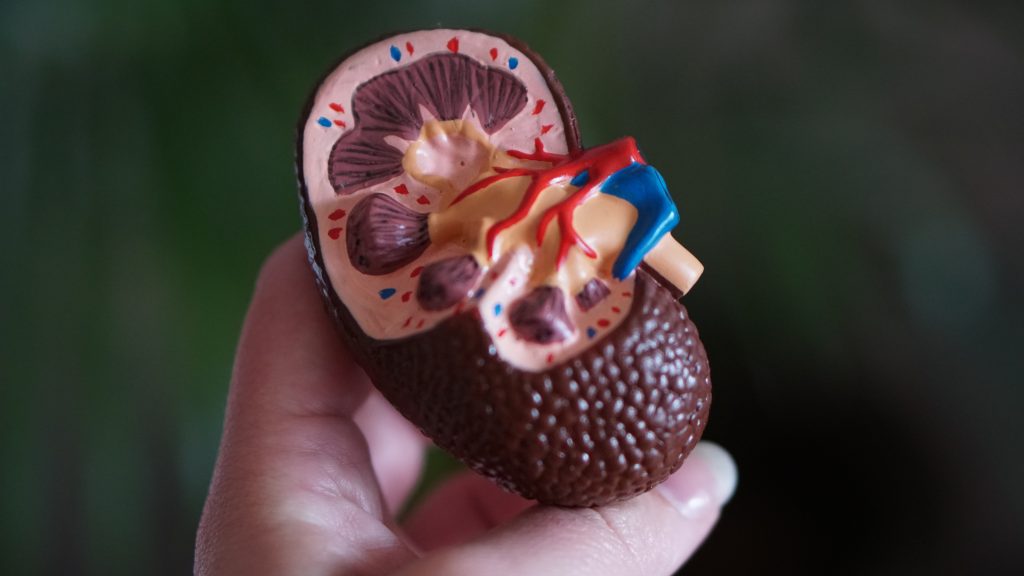
Kidney Yin deficiency is one form of a more general Yin deficiency with which it shares many symptoms.
In fact, what you get is really Yin deficiency combined with Kidney syndromes and deficiency of Jing-Essence.
If, by mistake, you’ve just arrived here expecting a discussion of the kidneys’ functions from the Western medical viewpoint, click here.
Otherwise, keep reading, because what Chinese medicine has to say about the Kidneys when they malfunction is equally relevant. To most of the Chinese medical terms there are links.
So, what is Kidney yin deficiency? It’s a syndrome in Chinese medicine, in other words a pattern of ill-health which is understood and treatable.
Fluid loss from such as:
Blood loss can occur
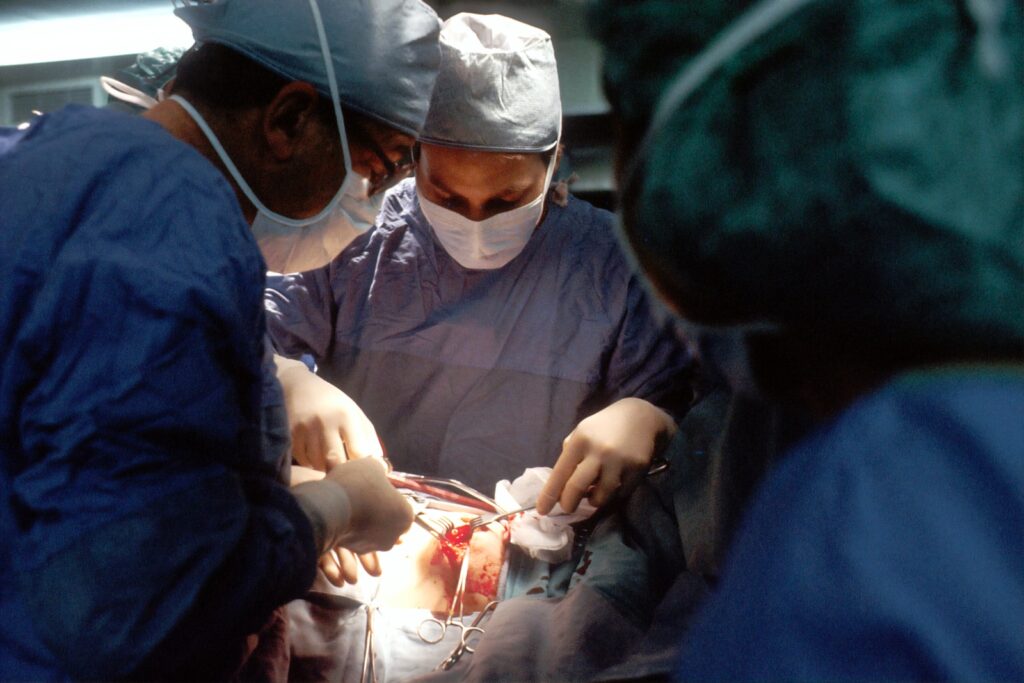
Chronic disease affects the deep energies or zang-fu energy organs of the body, being the Liver, Spleen, Heart and Lung … and Kidney. All of these depend on the Kidney function so if one of them gets exhausted, it ends up eventually with the Kidney.
If you boost Yang too much, you may exhaust Yin’s ability to keep up with it.
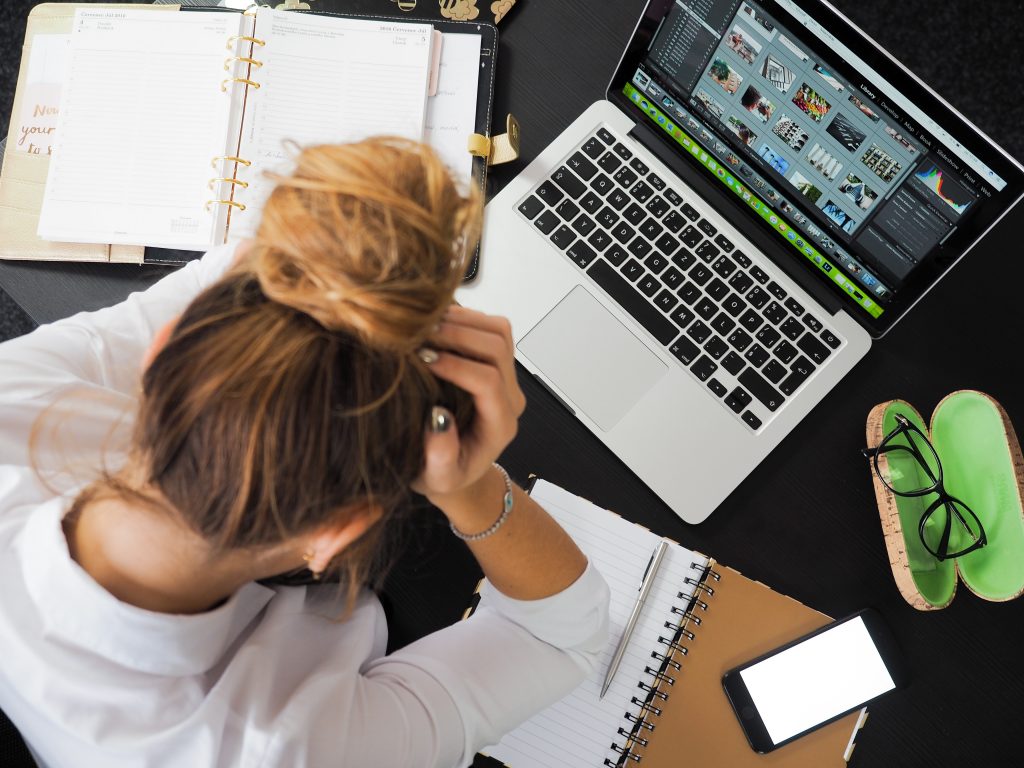
What this means is extremely heavy work without respite over many months, even years. Of course, young people can probably work for longer than their elders, but their elders may have more discipline and be less easily led astray. In general, however, older people have used up more of their Jing-essence so overwork will exhaust them more quickly.
By heavy work, is meant mental work or worry, including studying. It doesn’t exclude excess physical work or exertion though this more usually leads to deficiency of Kidney Yang.
Sorry. Too much of this is regarded as bad for you, but actually we’re talking more about Men than about Women. Ejaculation dissipates Jing-essence and too much ejaculation uses up this vital resource and reserve.
For women, having too many babies close together, or not recovering between them might amount to the same thing. Menorrhagia over many months can also exhaust, as already mentioned.
Of course, if a women achieves orgasm so often and intensively that she completely exhausts herself, that might amount to overwork, see above. For men, their teens are regarded as being the time when such loss is potentially most damaging in the long-run for their Kidney Yin.
In any case, men, do not indulge in ejaculatory sex when ill! It uses up too many of your body’s resources, needed to get you well.
Main symptoms:

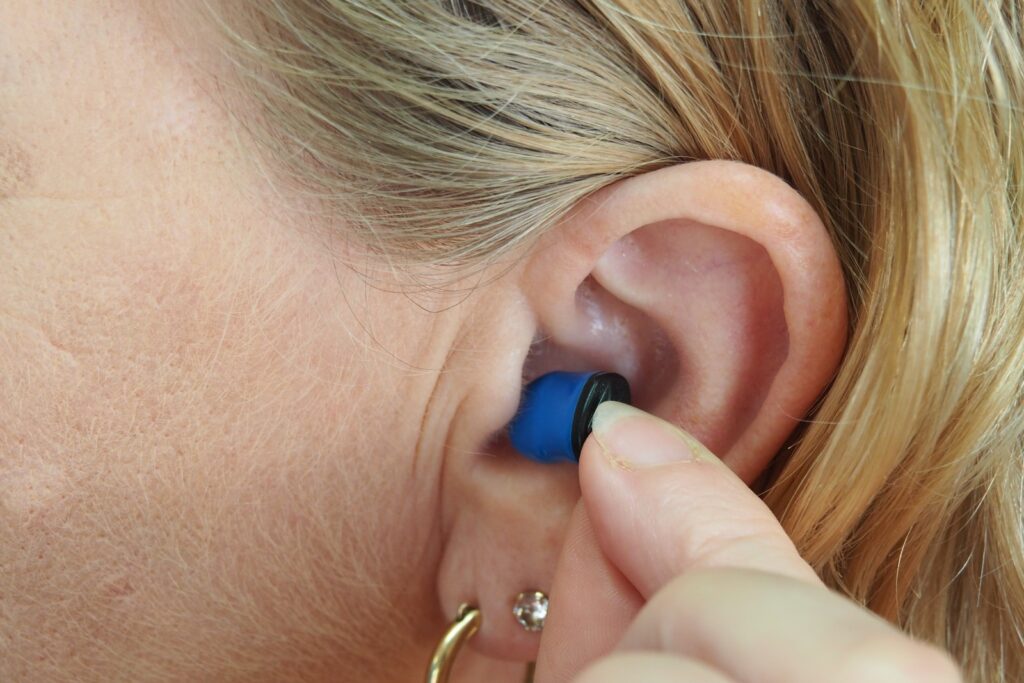
Well … Kidney Yin deficiency is not a killer!
But it’s slow and insidious, and often leads to a range of symptoms that make you tense and anxious, can raise your blood pressure and stop you sleeping well, so lead on to chronic tiredness and lowered immunity. That means you start getting ill more often.
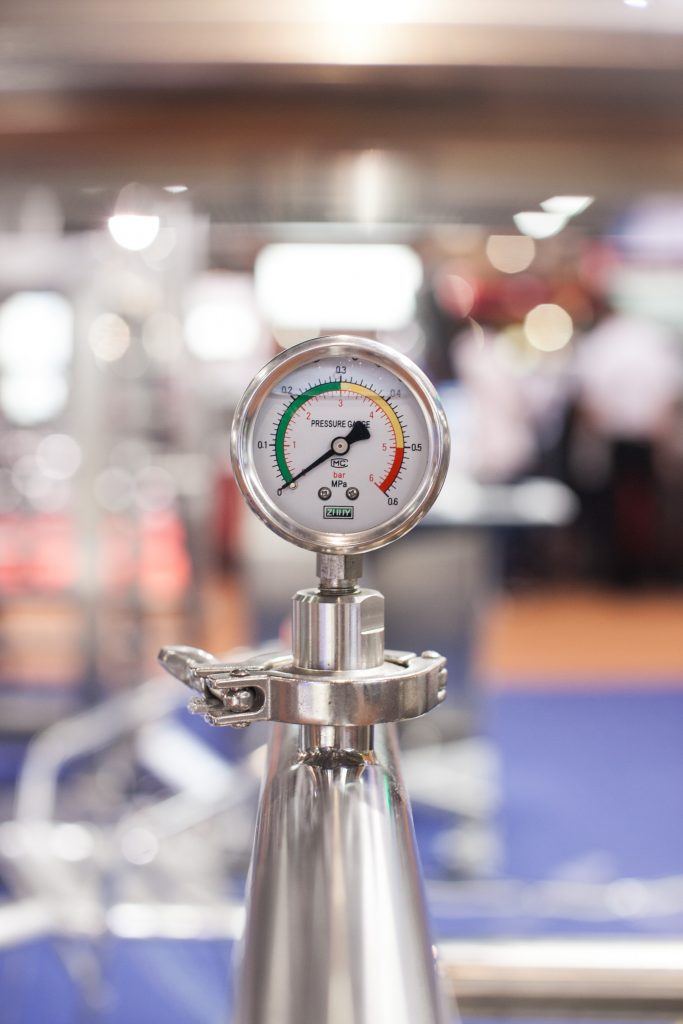
So it makes it easier for you to get ill in other ways that may be more dangerous, even fatal.
Once it develops, it’s very hard to cure by yourself: only good treatment will help it, and the longer you leave it the slower the cure.
So seek treatment early on if you notice symptoms developing like those listed above.
Before stimulating these points, remember that they can be very yin-tonifying.
Well, of course, you say, that’s what I want – get on with it!
But if you are very yin deficient, your body may also be quite yang deficient without you realising it. So an experienced acupuncturist might start cautiously, or warn you to expect some days of feeling a bit weary and depressed.
Alternatively, if you are already doing other things advised on this page, your acupuncturist might use some yang points as well as kidney yin deficiency acupuncture points. This is so as to balance the treatment and help you feel gradually better, adapting easily to the beneficial changes in your metabolism from his treatment.
Here are kidney yin deficiency acupuncture points that acupuncturists generally use. But acupuncturists might do lots of other things too to build you up, including points for Qi and Blood.
And they would expect you to alter your diet and what you ate because eating the wrong foods, or eating food the wrong way, can negate your acupuncture. Check nutrition!
In the following list, each has many uses beyond those listed:
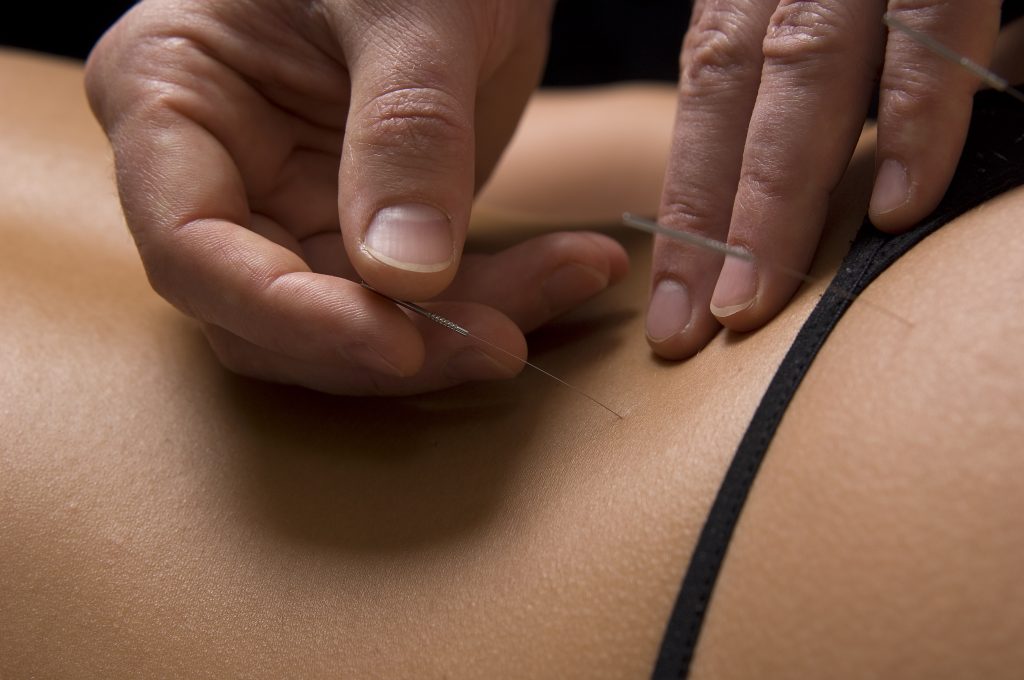


Stay in Touch!
No spam, only notifications about new articles and updates.

Book a Video consultation if you want to know more about your symptoms

Why You get Nervous Stomach Anxiety and How to Handle It. Acupuncture has great ways to help.
Subscribe to the Newsletter
If you are interested in understanding how Traditional Chinese Medicine can improve your life sign up to my newsletter for the latest updates.
Subscribe to the Newsletter
If you are interested in understanding how Traditional Chinese Medicine can improve your life sign up to my newsletter for the latest updates.
6 Responses
Thank you so much for sharing you knowledge and wisdom Jonathan!! I’ve noticed more inflammation under my eyes, so I searched. I’ve now linked a few other symptoms to my kidney yin deficiency. I’ll now be bringing this insight to my acupuncturist in two weeks. Oh and Thank you for the recipe for congee. Truly appreciate your kind knowledge!
Hi Suzanne, Thank you for your kind comments – I’m glad you found the information you needed.
Kidney deficiency can come from many causes, and produces quite a few different symptoms, though we mostly forget that the face shows more than we imagine. Indeed, there’s a whole form of diagnosis based round face diagnosis.
Best wishes – Jonathan
Hello Jonathan,
I’ve read that spirulina and chlorella are very good for yin deficiency, especially Kidney and Lung yin deficiency. What is you opinion about that, do you suggest it? Thank you.
Microalgae, such as both spirulina and chlorella, like vitamin or mineral tablets, contain many nutritive benefits.
The difference between vitamin or mineral tablets is that spirulina and chlorella are powdered forms (well, there may be other forms too, but usually in my experience they are powdered in form when we buy them) of the original growing foodstuff so that, taken with water they (supposedly) recover some of their original benefits and are therefore more digestible than chemicals (ie vitamins and minerals) we buy as tablets.
They should therefore benefit Blood more, assuming we can digest them. To benefit from them, we also need good digestions! Ie we need healthy Stomach and Spleen Qi.
Blood then nourishes all our zang-fu organs, including Kidney and Lung.
Hi Jonathan,
Your website and videos are wonderful!
Can you kindly explain about kidney stones and how they can be passed? Thank you so much.
Best,
Maria
Hi Maria
There’s more to this question than a quick answer! And the following is a simplification.
Both urinary calculi (which can be small stones, but is more often like sand) and kidney stones (which can be stones of various sizes) form in the same way: from Heat evaporating fluids.
For this to happen, the fluids need to be ‘thicker’ than usual, hence flowing less smoothly, giving time for Heat to evaporate them. This thickness can arise from Damp or Damp-Heat, or from Qi stagnation in the lower abdomen, or from Qi deficiency being unable to move the fluids.
It is important to differentiate correctly, to get the right treatment. The accompanying symptoms would point to which syndromes were present. For example, the presence of Damp suggests Spleen deficiency and/or Kidney Yang deficiency.
Then there must be Heat. This could come from Qi stagnation, Heat in the Blood, or infection. The latter leads doctors to prescribe antibiotics but many forms of cystitis and kidney type problems, including infections, respond well to acupuncture and/or Chinese herbs.
If given for non-infectious types of cystitis, you’ll probably feel worse from antibiotics, get diarrhoea, digestive problems and candida. However, if the cause really is an infection, then antibiotics are an option.
So, in Chinese medicine, the aim is to clear any Damp, clear the Heat, ‘open’ the water passages and thereby encourage the body to expel the stones or sand.
There are acupuncture points for this, not all on the lower abdomen or sacrum, and quite a few herbal formulae some of which contain herbs to dissolve stones.
The larger and harder the stones, the longer they have been ‘hatching’ and the longer they may take to dissolve. Acupuncture can help reduce the pain while herbs do the work. But acupuncture alone can do the job, usually with frequent sessions and strong stimuli.
There would probably be advice on what to eat, or not to eat. For example, heating type foods might not help, given that Heat is often a cause. But for old people where the stones had taken years to accumulate, eating cooling foods might weaken their Stomach Qi’s energy to digest food. In other words, although Heat might have formed the stones, this might have occurred because of Qi deficiency from age – slowing the movement of fluids – together with Heat from yin deficiency over a long time. Food advice here might be tricky!
Hope this helps!